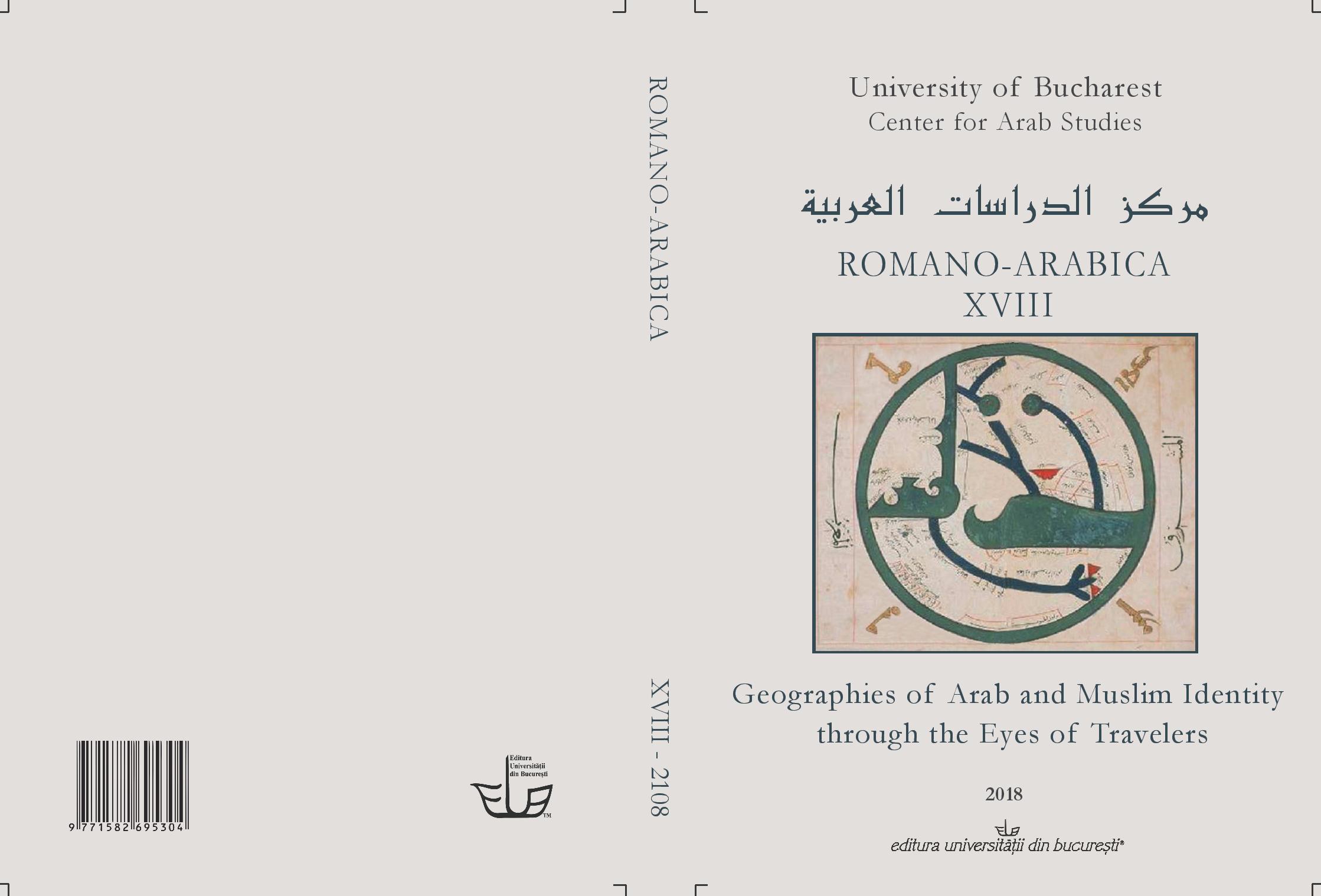عين على الصَّقالبة عین على الذات
قراءة في "جنائن الشرق الملتھبة؛ رحلة في بلاد الصقالبة"
EYES ON SLAVS, EYES ON SELF; A READING THROUGH "EASTERN INFLAMED GARDENS; A JOURNEY TO THE SLAVS’ COUNTRIES"
Author(s): Mahmoud Al-AshiriSubject(s): Language and Literature Studies, Studies of Literature, Theory of Literature
Published by: Editura Universităţii din Bucureşti
Keywords: Journey literature; Slavs; narrative convention; ego; the other; narrative ideology;
Summary/Abstract: This study is reading through one of the contemporary Arab journeys to the countries of Slavs, as Arabs called them in historical literature. This journey is written by Saeed Khateby under the title of “Eastern inflamed gardens; a journey to the Slavs’ countries” published in 2015 and winner of “Ibn Battuta” prize for contemporary journeys. He toured between Ljubljana, Graz, Zagreb, Sarajevo, Srebrenica, Belgrade and Kiev, in an extension of the literary, geographical and cultural heritage of which we got to know the famous journey of “Ibn Fadlan”, under a common ancient history of the Ottoman control and the nationalism and political trends in modern history, as well as the fertile human experience. As the narrator is trying to read the others in this text, he is also trying to discover his self and contemplate a side of its reality; as for what is not present, insight might be present in terms of absence, which can be read by eye and contemplated by insight. As research is questioning this singular work it’s also questioning the documentary type to which it belongs. Is journey literature still capable of producing thrill and excitement confronting the revolution of communications, filmmaking, documentaries and publicity of other types of novels? Did easiness of travel and mobility forfeit journey literature its privacy and flavor? The research is addressing the journey text as a narrative one, hence questioning the nature of this implicit convention by which this belongs to this type and how it is regulated. That is very different from other narrative modalities, like: novels, stories, diaries and confessions. In this context, we discuss some of the questions such as where journey literature text stands between information and imagination. To what extent does focalization intersect with the narrative ideology, and how the different components of focalization: cognitive, psychological and emotional can vary under the ideology of the text.
Journal: Romano-Arabica
- Issue Year: XVIII/2018
- Issue No: 18
- Page Range: 9-14
- Page Count: 6
- Language: English, Arabic

